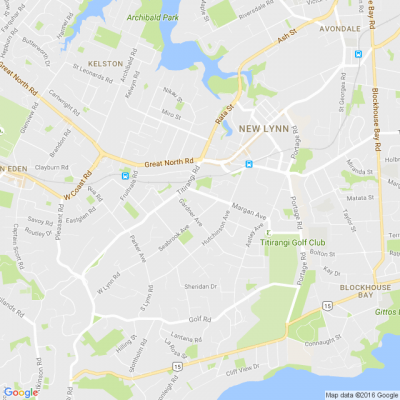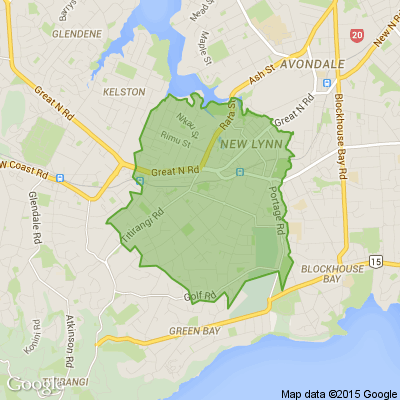How liquor licensing works in West Auckland
From "the trusts" latest email
========================
We often get questions from members of the public about how liquor licensing works in West Auckland. To help you understand our role and how licensing works, we have answered some of the most common questions we get here.
Were licensing trusts set up to monopolise the sale of alcohol in New Zealand?
================================================
Up until the 1940s, alcohol was prohibited or restricted in many parts of New Zealand. As prohibition was lifted, a number of communities around the country were still concerned about ensuring that the sale of alcohol was managed in a community-minded way. Licensing trusts were born out of this, with the first – the Invercargill Licensing Trust – being established in 1944. It’s still up and running today. In the early 1970s, West Aucklanders voted to establish the Waitakere Licensing Trust and Portage Licensing Trust. They were charged with the responsibility to manage alcohol sales within set geographic boundaries in West Auckland.
Do The Trusts issue all liquor licences in West Auckland?
==============================================
No, we don’t. This is a common misconception! Auckland Council is responsible for all liquor licensing. Like anyone else, if we want to open a licensed venue or change any terms of our existing liquor licences, we must apply to Auckland Council for the licence.
There are four types of liquor licence available in New Zealand, as described by the Health Promotion Agency:
==============================================
On-licence allows the sale or supply of alcohol for consumption on the premises.
Off-licence allows the sale or supply of alcohol for consumption off the premises.
Club licence (eg for a sports club, RSA or working men’s club) allows the sale or supply of alcohol for consumption on the club premises to members of the club, their guests and members of other clubs with reciprocal visiting rights.
Special licence allows the sale or supply of alcohol to anyone attending an event, private function, street party, sporting event etc. Special licences can be either ‘on-site’ for consumption on the premises, or ‘off-site’ for consumption elsewhere. An on-licence, off-licence, or club licence is granted initially for one year. These licences can then can be renewed every three years. Special licences are granted per event or for a series of events.
Do the Trusts oppose licence applications for all other licensed venues in West Auckland?
==================================================
No, we don’t, and we haven’t opposed an application for several years. There are more than 100 licensed venues in West Auckland that are not managed by the Trusts. We do have a community-granted mandate from West Auckland residents to exclusively operate venues that trade late into the night (bars) where the primary focus of the venue is to sell alcohol.
Do the Trusts prevent West Aucklanders from having choice in hospitality venues?
=================================================
When it comes to hospitality we support choice for West Aucklanders. Anyone in West Auckland is able to open a venue that sells alcohol under a restaurant licence in West Auckland. In recent years we have welcomed the launch of The Grounds, Brickworks, Norwest dining precinct, Browne St Avondale, and the new Little Creatures and Siamese Doll in Hobsonville Point. We have also continued to support the West’s amazing wineries, craft breweries and cellar doors.
Are the Trusts the reason that we can’t buy wine or beer in supermarkets?
================================================
We have a community-granted mandate to exclusively manage the retail sale of alcohol within the set geographic boundaries of the Portage and Waitakere Licensing Trusts. We take this responsibility seriously and work hard to run our retail operations in a responsible way that is mindful of our community’s expectations. There are nearly 30 West Liquor and Village Wine & Spirits stores in West Auckland, most of which are around three kilometres from where most West Aucklanders live. This ensures we provide accessibility to retail stores without over saturating the market.
=========================================================
⚠️ DOGS DIE IN HOT CARS. If you love them, don't leave them. ⚠️
It's a message we share time and time again, and this year, we're calling on you to help us spread that message further.
Did you know that calls to SPCA about dogs left inside hot cars made up a whopping 11% of all welfare calls last summer? This is a completely preventable issue, and one which is causing hundreds of dogs (often loved pets) to suffer.
Here are some quick facts to share with the dog owners in your life:
👉 The temperature inside a car can heat to over 50°C in less than 15 minutes.
👉 Parking in the shade and cracking windows does little to help on a warm day. Dogs rely on panting to keep cool, which they can't do in a hot car.
👉 This puts dogs at a high risk of heatstroke - a serious condition for dogs, with a mortality rate between 39%-50%.
👉 It is an offence under the Animal Welfare Act to leave a dog in a hot vehicle if they are showing signs of heat stress. You can be fined, and prosecuted.
SPCA has created downloadable resources to help you spread the message even further. Posters, a flyer, and a social media tile can be downloaded from our website here: www.spca.nz...
We encourage you to use these - and ask your local businesses to display the posters if they can. Flyers can be kept in your car and handed out as needed.
This is a community problem, and one we cannot solve alone. Help us to prevent more tragedies this summer by sharing this post.
On behalf of the animals - thank you ❤️

Worst Xmas ever?
There's a a lot of planning that goes into Christmas day and sometimes things just don't go to plan. But it can be a good thing - a family mishap or hilarious memory that you can laugh about in Christmases to come.
Whether you burnt the dinner or were stranded at an airport...
Share your Christmas mishaps below!









 Loading…
Loading…